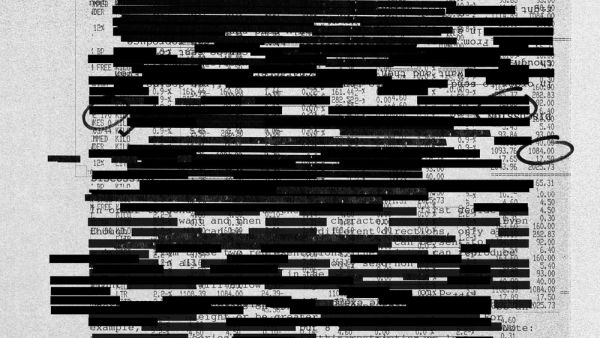Turkish web users were surprised – but really, probably not too surprised – when they found they were suddenly unable to access the public online encyclopedia, Wikipedia.
Users attempting to access the page were confronted with a message that the site could not be reached, with a “connection timed out” notice.
Turkey has frequently blocked Facebook, Twitter, and YouTube, along with traditional media outlets – usually in the wake of an attack or civil unrest. This is done by “throttling” at the Internet Service Provider (ISP) level, including national providers like Turkcell and TTNet. Tech-savvy users can sometimes get around it by using a VPN, but lately reports have emerged of VPN-blockers being used.
But this instance with Wikipedia was different: normally the government denies blocking websites, instead blaming technical problems; today, Turkey’s telecommunications authority issued a statement that they had, in fact, blocked Wikipedia.
The website is being blocked because of entries that allege Turkey supports terrorism.
"Despite all efforts, the content, which wrongly asserts that Turkey supports terrorist organizations, has not been removed," stated the telecommunications authority in a tweet.
The telecommunications agency went on to say that since it was impossible to selectively block articles on Wikipedia, the government had opted to block the whole website, and called on Wikipedia to “do what is necessary” to alter the offending entries.
Meanwhile Wikipedia’s founder Jimmy Wales has vowed to stand with the Turkish people for their right to information.
"Access to information is a fundamental human right," Wales said on his Twitter feed. "Turkish people I will always stand with you to fight for this right."
#Wikipedia nın kurucusundan mesaj var!
— Ert. #MKA (@yaziIif_) April 29, 2017
Thank you @jimmy_wales pic.twitter.com/A9Y4HI52bd
It’s unclear why Turkey’s government would this time be willing to own up to blocking websites, rather than blaming technical glitches. And why go after Wikipedia, which is public and can be edited and reviewed by any user?
Social media was widely blocked during the 2013 Gezi Park protests, and again in 2014 when YouTube footage purported to show a security meeting on Syria.
In November 2016, Turkey restricted access to WhatsApp, Facebook, Twitter, YouTube, and other sites following the controversial arrests of pro-Kurdish MPs from the People’s Democratic Party (HDP).
At that time, Prime Minister Binali Yildirim acknowledged that "from time to time for security reasons we can use such measures ... These are temporary measures. Once the danger is passed, everything returns to normal."
Also after a November 2016 attack in the largely Kurdish city of Diyarbakir, the monitoring site Turkey Blocks noted, "Internet restrictions are increasingly being used in Turkey to suppress media coverage of political incidents, a form of censorship deployed at short notice to prevent civil unrest.”
Confirmed: All editions of the #Wikipedia online encyclopedia blocked in #Turkey as of 8:00AM local timehttps://t.co/ybFolRmsOs pic.twitter.com/hI9tn4bHe5
— Turkey Blocks (@TurkeyBlocks) April 29, 2017
Blocking access to Wikipedia is one thing, but cutting off communications in times of unrest is quite another. In 2015 as the conflict between the Turkish army and the PKK heated up in southeast Turkey, civilians in those areas reported throttled communication on WhatsApp and social media sites, while roads were blocked and regional airports closed – effectively cutting them off from the outside world.
As World Press Freedom Day approaches - and as Turkey has once again earned the title of the world's leading jailer of journalists - it's worth remembering that access to information isn't just about covering up criticism - it can be a life and death matter.
Lindsey Leger
Follow the Loop on Twitter and Facebook







